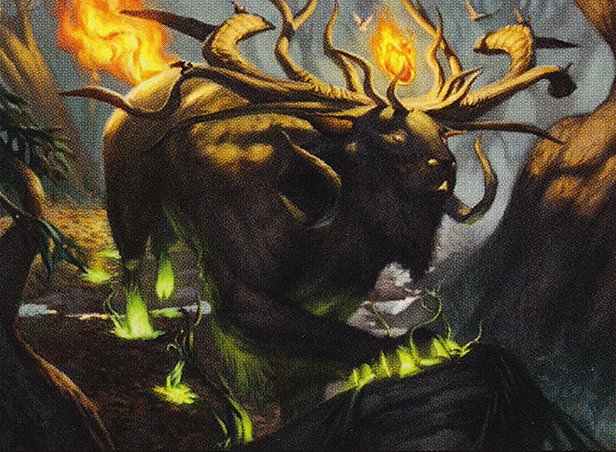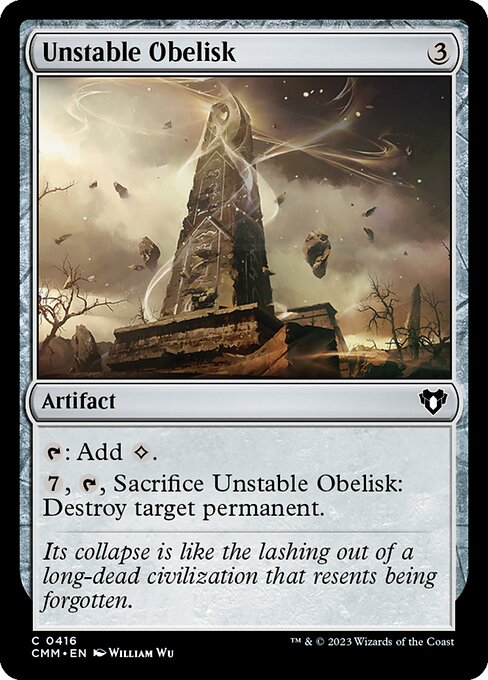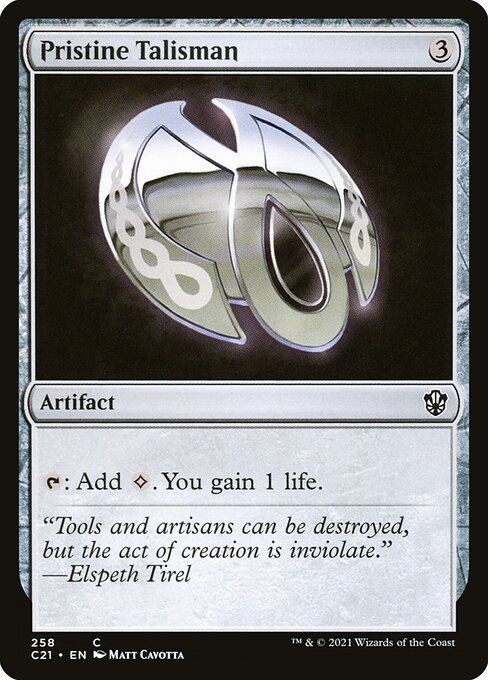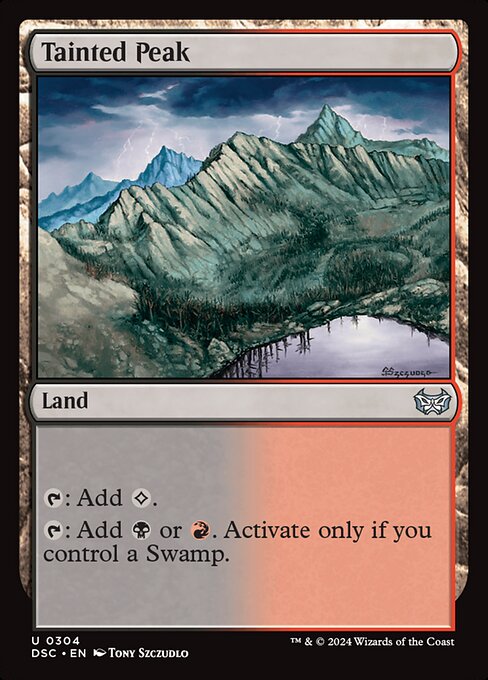Deck & Commander Strategies

Ezuri, Claw of Progress
Builds experience counters by deploying small creatures and leverages these counters to place large numbers of +1/+1 counters on creatures, growing a formidable board presence that can overwhelm opponents.

Marath, Will of the Wild
Utilizes +1/+1 counters to either buff creatures, deal direct damage, or create tokens, offering versatile board control and a flexible path to victory through incremental damage or overwhelming force.

Oloro, Ageless Ascetic
Focuses on incremental life gain each turn combined with card draw and attrition by draining opponents' life, aiming to outlast opponents with superior resources and sustainability.

Prosper, Tome-Bound
Exiles cards each turn and allows playing those cards from exile while generating treasure tokens for each, creating a unique value engine that ramps mana and card advantage leading to powerful spells and combos.
Gameplay Insights
- 1
Oloro's life gain triggers and card draw engine provided steady incremental advantage, a critical factor in maintaining resource superiority.
- 2
Marath's flexibility in distributing +1/+1 counters or dealing damage allowed for adaptive responses to board states and helped control opposing threats.
- 3
Prosper's exile-and-play mechanic combined with treasure token generation created a powerful ramp and value engine that could accelerate spellcasting beyond normal limits.
- 4
Ezuri's experience counters rewarded deploying small creatures early, enabling exponential growth through repeated buffs and increased combat power.
- 5
Players prioritized early ramp and land drops to enable timely deployment of their commanders and key spells, showcasing typical precon pacing but with strategic depth in maximizing each commander’s unique abilities.
Notable Cards
-

Prosper, Tome-Bound
-

Oloro, Ageless Ascetic
-

Marath, Will of the Wild
-

Ezuri, Claw of Progress
-

Rakdos Carnarium
-

Unstable Obelisk
-

Pristine Talisman
-

Evolving Wilds
-

Tainted Peak
Gameplay Summary
The game began with players each revealing their randomly selected pre-constructed Commander decks, including Prosper, Tome-Bound, Oloro, Ageless Ascetic, Marath, Will of the Wild, and Ezuri, Claw of Progress.
Early turns established board presence with ramp and land drops while players prepared to deploy their commanders.
Oloro's life gain and card draw engine steadily generated incremental advantage, while Prosper's unique exile and treasure token creation mechanic promised a slow but steady value engine.
Marath's flexible ability to distribute counters or deal damage provided versatile board interaction potential, and Ezuri's experience counters encouraged a progressive growth strategy centered on small creatures and incremental board buffs.
Initial plays were relatively cautious, with a few ramp spells and utility lands entering play, setting the stage for mid-game commander deployments and value generation. Key turning points included the arrival of Marath on the battlefield, signaling a shift toward aggressive board development and removal capabilities.
Ezuri's entrance also hinted at a growing threat through experience counters and creature enhancements.
Oloro's consistent life gain and card draw began tipping the value scale in his favor.
Meanwhile, Prosper's treasure token generation from playing exiled cards promised resource acceleration.
The game unfolded as a balanced interplay of incremental advantage, strategic creature deployment, and tactical removal, with players jockeying for position through value engines and board presence.
The win conditions revolve around Marath's damage and token generation, Ezuri's growing creature buffs, Oloro's attrition via life drain and card advantage, and Prosper's treasure-fueled spellcasting engine.
The game remained open with potential for multiple win paths depending on how these engines develop into the mid and late game.

























![Commander VS S3E5: Meren vs Ezuri vs Daxos vs Mizzix [MTG: Multiplayer] thumbnail](https://i.ytimg.com/vi/loGTYPhi5mA/sddefault.jpg)
![Commander Vs Special: Meren vs Mizzix vs Ezuri vs Daxos [MTG: Multiplayer] thumbnail](https://i.ytimg.com/vi/7hdwKwKQk8s/sddefault.jpg)








![Commander VS S9E5: Halloween Special! [EDH] thumbnail](https://i.ytimg.com/vi/gHQlr_Ct6Kc/sddefault.jpg)
![Commander VS S1E9: Oloro vs Norin vs Sliver Overlord vs Pharika [MtG: Multiplayer] thumbnail](https://i.ytimg.com/vi/PULZd7d2g_c/sddefault.jpg)











